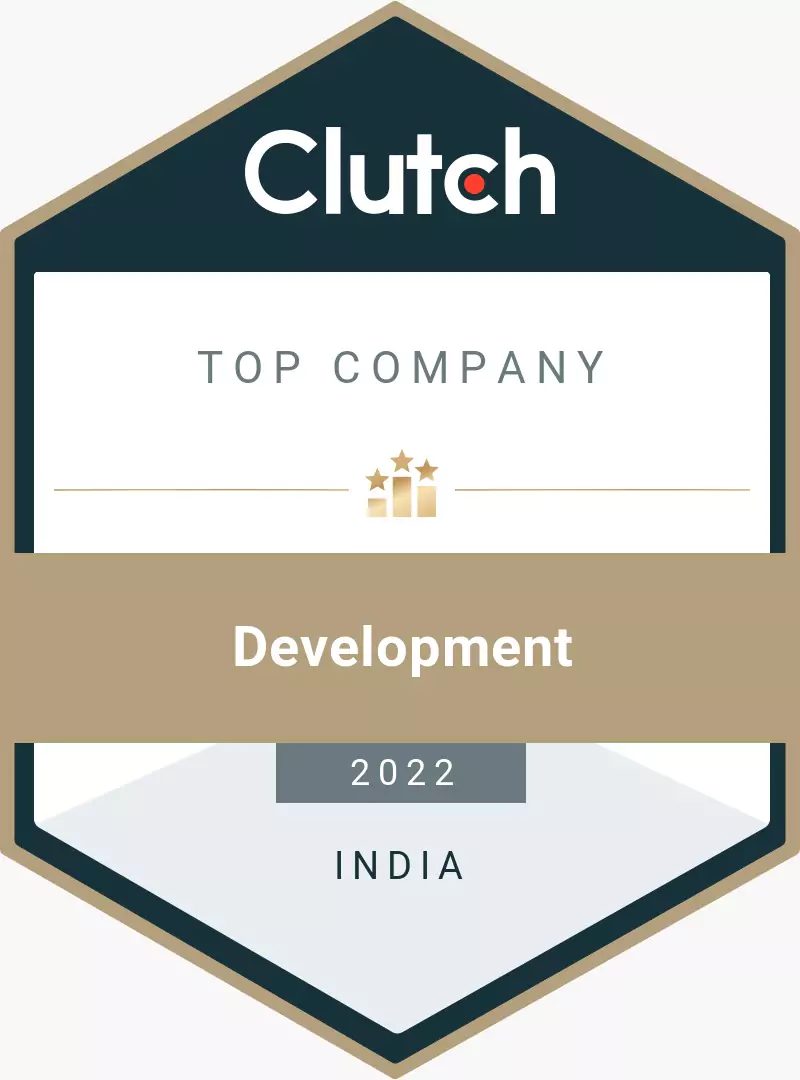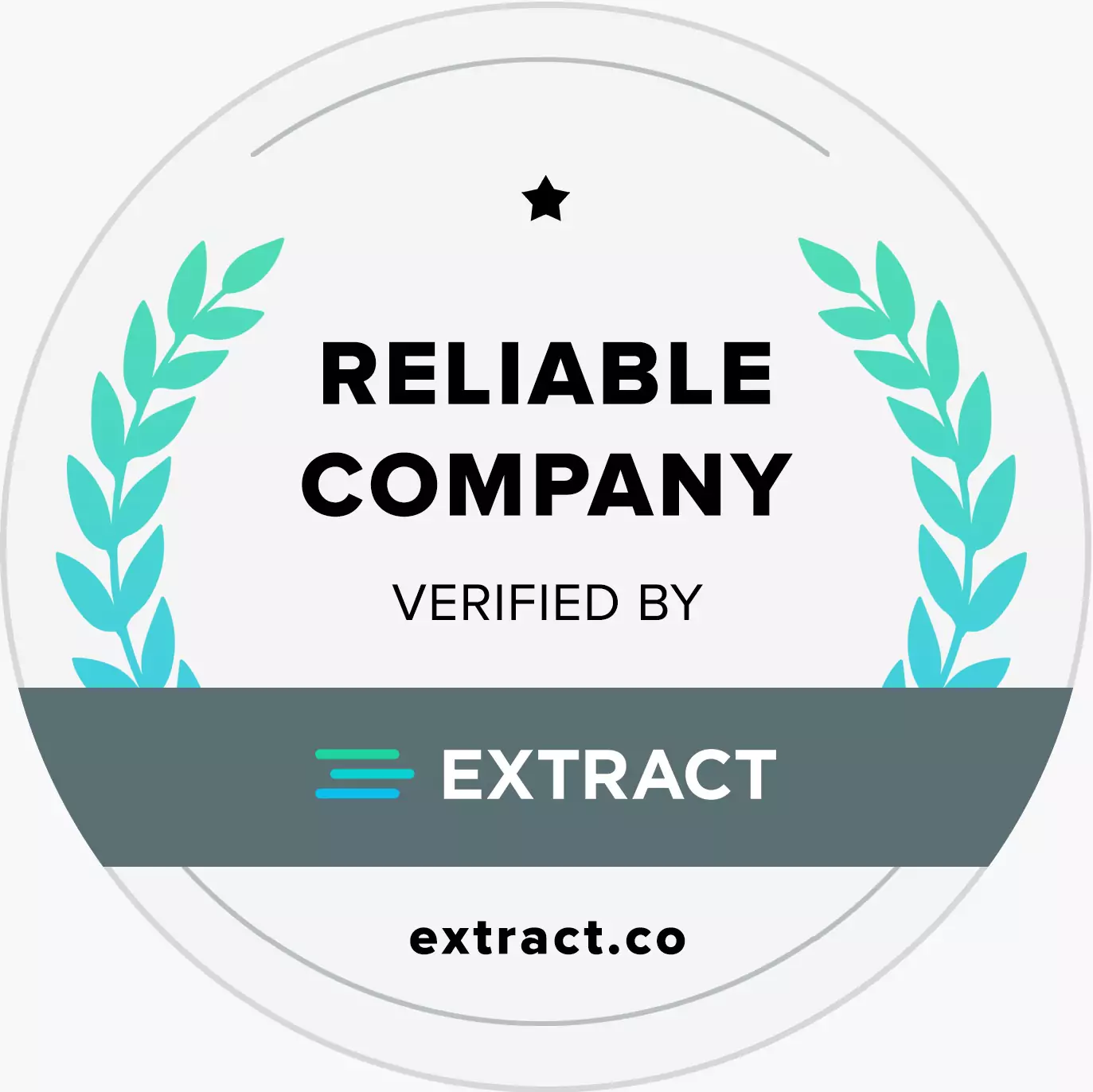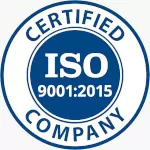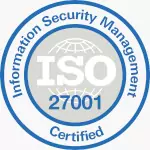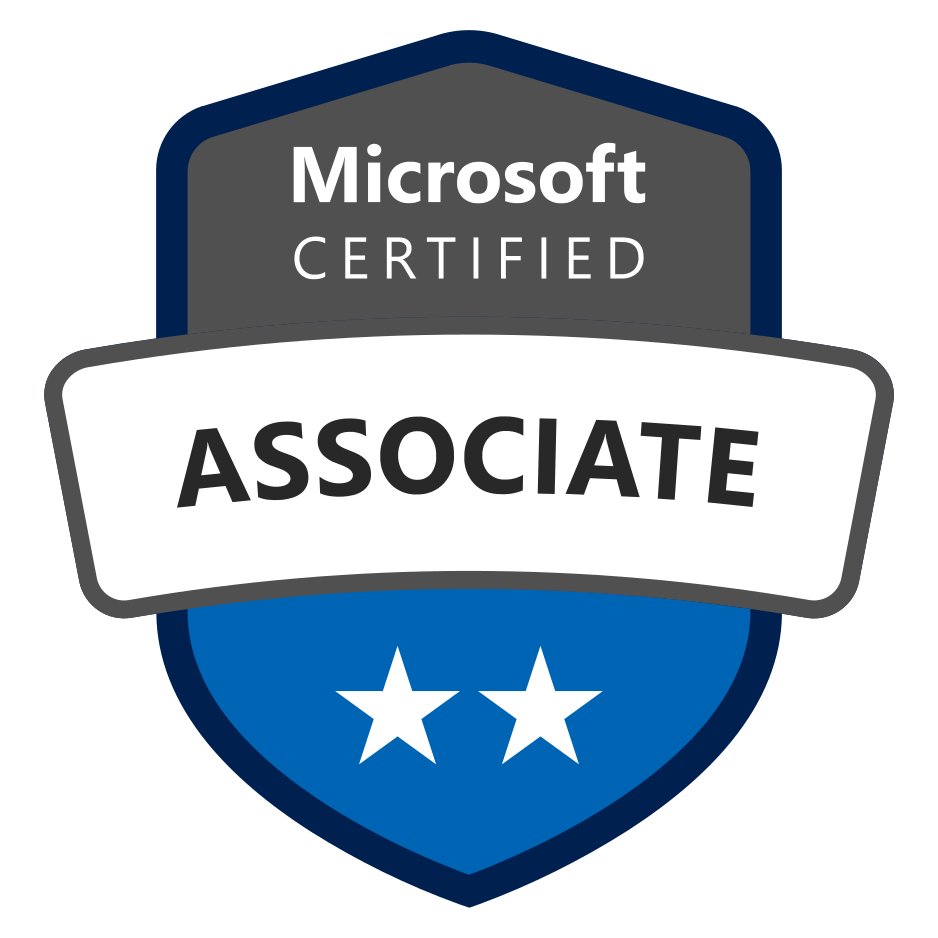Software Development Services
Request a Quote
Next Generation Software Solutions
Software Development Services
Custom Software Development
Software Product Development Services
Custom CRM Development Services
Enterprise Software Development Services
Software Consulting Services
Software Integration
API Development Services
Dedicated Development Teams
Connect with us
Start Your Innovative
Project with Us
Let's take your idea to the next level and create something truly remarkable together.
Transform Ideas into Innovative Solutions
Why Choose MVS for Your Software Development projects
Experienced Team
Customer Satisfaction
Custom Solutions
Cost-Effective Solutions
Transparent Communication
On-Time Delivery
Your Questions Answered (FAQ)
Software Development Services-FAQ
Q. What is software development?
Software development is the process of designing, creating, testing, and maintaining software applications or programs. It involves using various programming languages, tools, and frameworks to build software that meets specific requirements.
Q. What are the different phases of software development?
Software development typically involves four main phases: planning, design, development, and testing. During the planning phase, the requirements for the software are identified and a plan is created. In the design phase, the software's architecture is developed. In the development phase, the actual coding of the software takes place. Finally, in the testing phase, the software is tested to ensure that it is functional and meets the requirements.
Q. What development methodology does MVS follow?
The MVS follows an Agile development methodology that emphasizes collaboration, flexibility, and customer satisfaction. The MVS team works in short iterations, constantly seeking feedback from clients and stakeholders, and adapting to changing requirements and priorities.
Q. What is the software development life cycle?
The software development life cycle (SDLC) is the process by which software is developed, from initial planning and analysis through design, development, testing, and deployment. The SDLC is typically divided into several stages, with each stage building on the work of the previous stage.
Q. What is the process of software development?
The software development process typically includes several stages, including requirements gathering, design, coding, testing, and deployment. The MVS team works closely with clients throughout each stage to ensure that the final product meets their needs and exceeds their expectations.
Q. What is software testing?
Software testing is the process of evaluating a software application or system to ensure that it functions correctly, meets user requirements, and is free of defects. Our team performs comprehensive testing at each stage of the development process to catch and fix bugs before they impact the user experience.
Q. What is open-source software?
Open-source software is software that is freely available and can be used, modified, and distributed by anyone. Open-source software is often created and maintained by a community of developers who collaborate on the code, with the goal of creating high-quality software that is accessible to everyone.
Q. What is the difference between custom software development and off-the-shelf software?
Custom software development involves creating a software solution tailored to the specific needs of a client, while off-the-shelf software is pre-built software that is designed to be used by a wide range of users. Custom software development provides greater flexibility, scalability, and control, while off-the-shelf software may be more cost-effective and easier to deploy.
Q. What is software maintenance?
Software maintenance refers to the ongoing process of updating and improving software after it has been released. Maintenance can include bug fixes, security updates, and feature enhancements, among other things.
Q. What is software documentation?
Software documentation refers to the written materials that accompany a software application or system. Documentation can include user manuals, technical specifications, design documents, and other materials that help users and developers understand how the software works.


